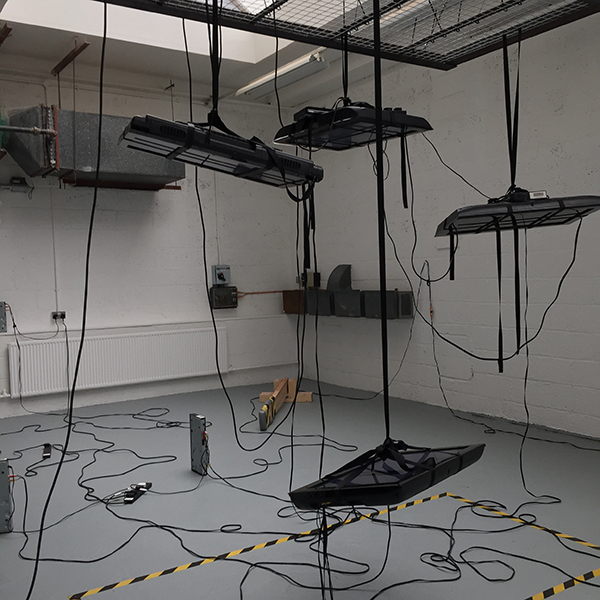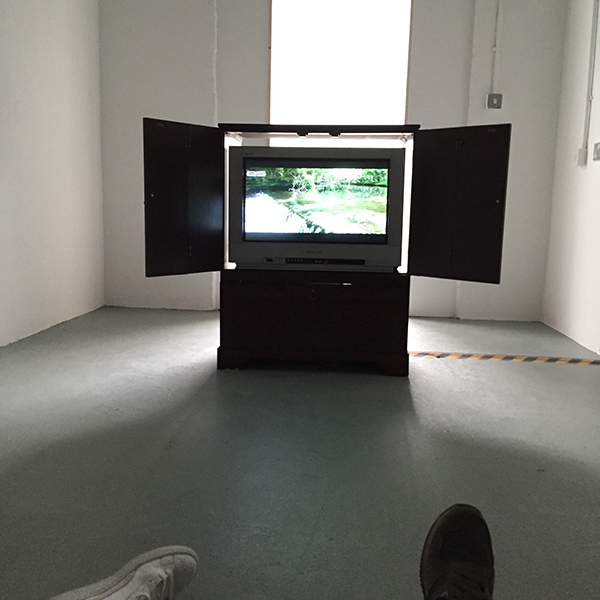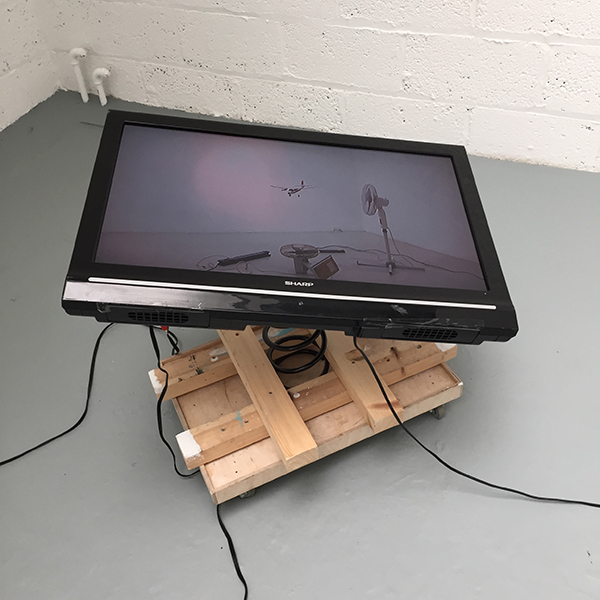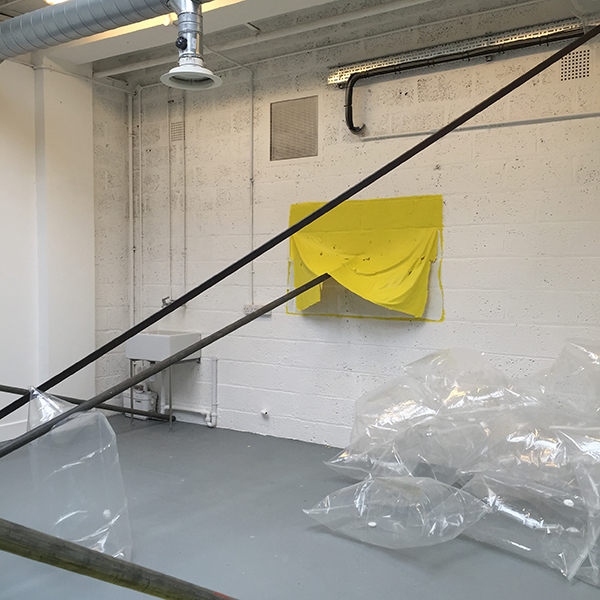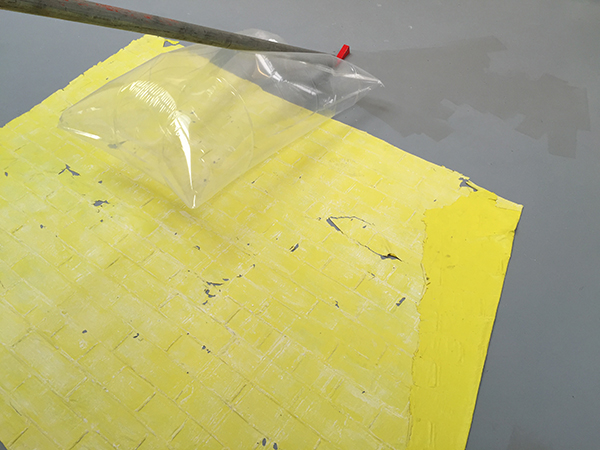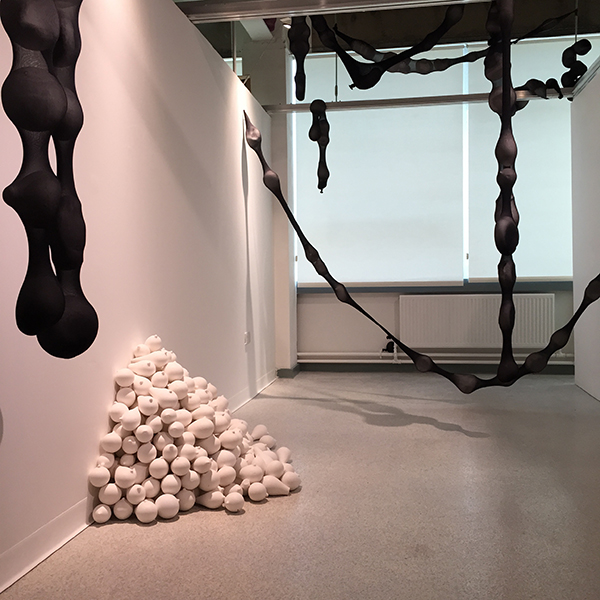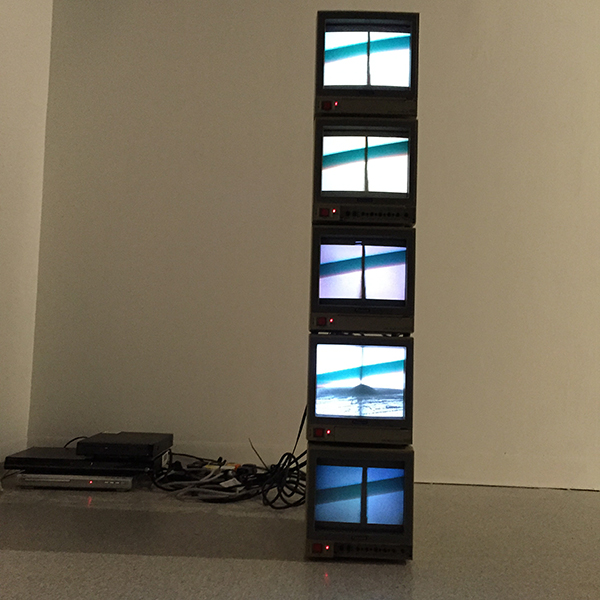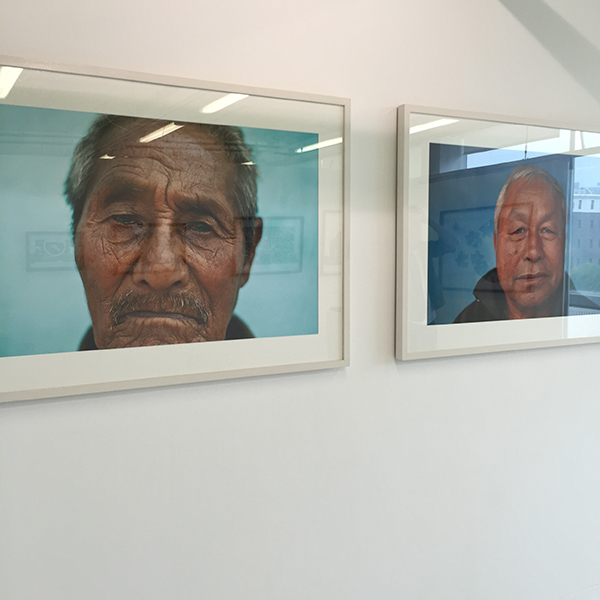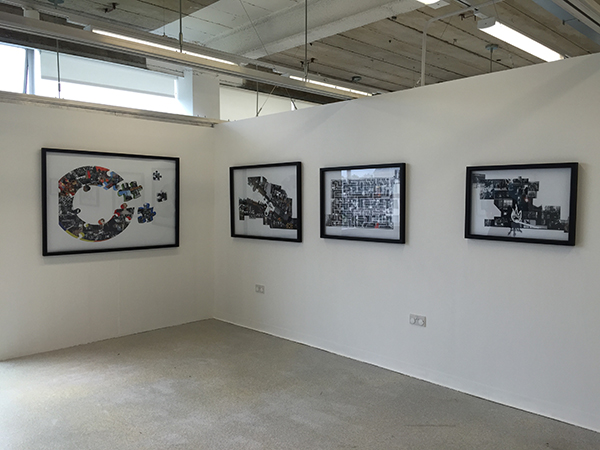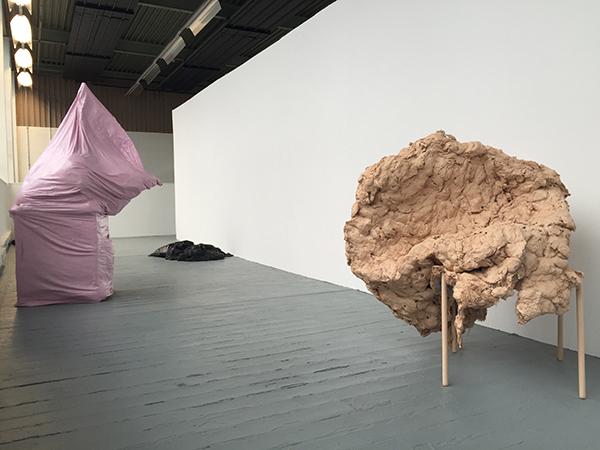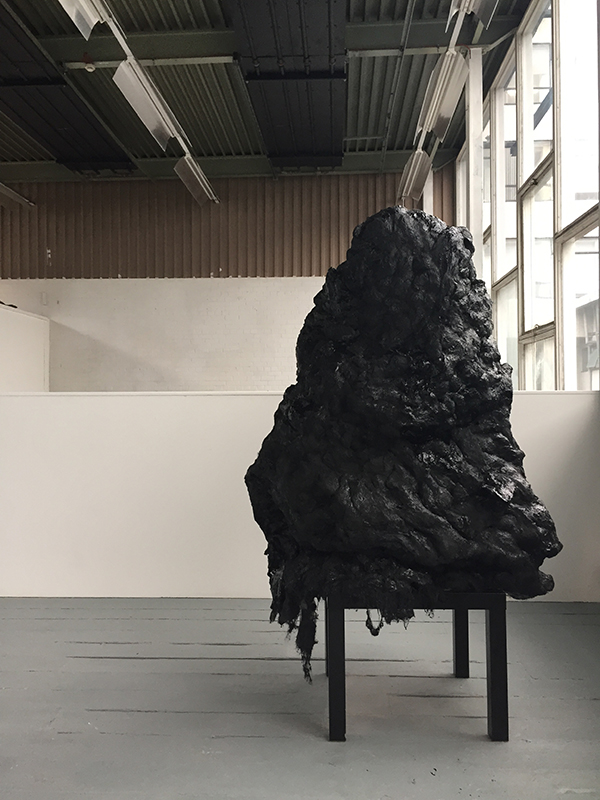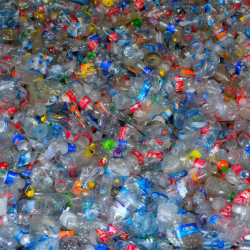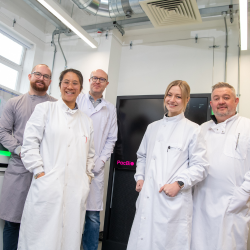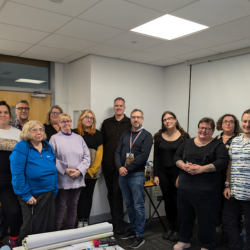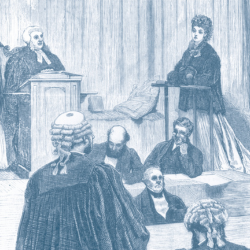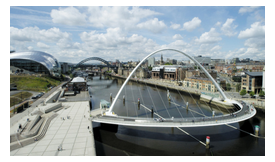-
Study
-
Undergraduate
- Search for a Course
- Undergraduate Open Day & Events
- Application Guides
- Northumbria University UCAS Exhibitions
- Foundation Years
- Undergraduate Fees & Funding
- School & College Outreach
- Continuing Professional Development
-
Postgraduate
- Postgraduate Study Degree
- Postgraduate Research Degrees
- Postgraduate Open Days and Events
- Postgraduate Fees & Funding
- Flexible Learning
- Thinking about a Masters?
- Continuing Professional Development
- Change Direction
-
Student Life
- The Hub - Student Blog
- Accommodation
- Life in Newcastle
- Support for Students
- Careers
- Information for Parents
- Students' Union
- Northumbria Sport
- Be Part of It
-
-
International
International
Northumbria’s global footprint touches every continent across the world, through our global partnerships across 17 institutions in 10 countries, to our 277,000 strong alumni community and 150 recruitment partners – we prepare our students for the challenges of tomorrow. Discover more about how to join Northumbria’s global family or our partnerships.
View our Global Footprint-
Applying to Northumbria
- European Union
- Our London Campus
- Northumbria Pathway
- International Events
- Entry Requirements and Country Representatives
- Regional Offices
-
Northumbria Language Centre
- Faculty Requirements
- Acceptable English Requirements
- Pre-sessional English Language and Study Skills
- Academic Language Skills Programmes (ALS)
-
International Fees, Funding & Scholarships
- International Undergraduate Fees
- International Undergraduate Funding
- International Masters Fees
- International Masters Funding
- International Postgraduate Research Fees
- International Postgraduate Research Funding
- International Money Matters
-
Life at Northumbria
- International student support
- Careers
-
International Mobility
- Current Northumbria Students
- Incoming Exchange Students
-
-
Business
Business
The world is changing faster than ever before. The future is there to be won by organisations who find ways to turn today's possibilities into tomorrows competitive edge. In a connected world, collaboration can be the key to success.
More on our Business Services -
Research
Research
Northumbria is a research-rich, business-focused, professional university with a global reputation for academic quality. We conduct ground-breaking research that is responsive to the science & technology, health & well being, economic and social and arts & cultural needs for the communities
Discover more about our Research -
About Us
-
About Northumbria
- Our Strategy
- Our Staff
- Place and Partnerships
- Student Profiles
- Alumni Profiles
- Leadership & Governance
- Academic Departments
- University Services
- History of Northumbria
- Contact us
- Online Shop
-
-
Alumni
Alumni
Northumbria University is renowned for the calibre of its business-ready graduates. Our alumni network has over 244,000 graduates based in 178 countries worldwide in a range of sectors, our alumni are making a real impact on the world.
Our Alumni - Work For Us
What will I learn on this module?
In this module you will be introduced to some fundamental principals in artistic production; how materials and methodology contribute to the production of meaning in art. You will develop your practical knowledge of key processes from semester 1 while gaining insight to a range of critical contexts that are informed by material concerns in art making. These concerns will be drawn from the expanded field of contemporary art practice and will include contexts in the use of non-traditional materials such as found material, language, sound, site and situation.
How will I learn on this module?
You will learn through the development of a ‘parallel practice’ that will sit alongside your independent studio enquiry through the second semester. Lectures and seminars will introduce you to the core ideas of the module’s subject and will facilitate learning through critical reflection and practical experimentation. You will build on this through the production of a range of material enquiries guided by tutorials with academic staff and supported through practical demonstration. Your learning will develop through a blend of individually focused teaching and peer learning. You will be required to engage in critical self-evaluation of your learning and will be guided with formative feedback from academic staff through the module.
How will I be supported academically on this module?
You are supported by an academic team, and by a module lead who will introduce the module at the start of the semester and offer guidance throughout. Academic support is provided by individual tutorials, group seminars, lectures and five weekly sessions of technical demonstration supported by technicians. Your learning is mapped out for you in a module guide given to you at the start of each semester that includes your assessment brief, guidance notes and key dates for the semester to help you organise and plan your time. Teaching materials, notices and guidance are made available to you through our online electronic learning portal (BLACKBOARD). This is accessible online both on campus and externally. You will have a University email that we contact you through, and all course timetabling is published on your electronic timetable. You will have twenty-four-hour access to the University Library. To support you we provide you with on-going formative feedback through the teaching you receive and ask you to write and submit a self-evaluation review reflecting on your own progress against the module learning outcomes.
What will I be expected to read on this module?
All modules at Northumbria include a range of reading materials that students are expected to engage with. Online reading lists (provided after enrolment) give you access to your reading material for your modules. The Library works in partnership with your module tutors to ensure you have access to the material that you need.
What will I be expected to achieve?
LEVEL 4
Knowledge & Understanding:
1. The production of work that evidences an appreciation for the relationship between material specificity and potential meaning.
Intellectual / Professional skills & abilities:
2. The evidence of emerging critical decision-making in relation to material-led enquiry.
Personal Values Attributes (Global / Cultural awareness, Ethics, Curiosity) (PVA):
3. The acquisition and application of new transferable skills linked to academic curiosity for and cultural awareness of materiality.
How will I be assessed?
You will receive on-going verbal feedback (formative review) from academics through individual tutorials, and seminars. This enables you to respond immediately and clarify with academics any points you are unsure of.
At the mid-point of semester 2 you will complete a Self-Evaluation Review form outlining your progress against Module Learning Outcomes. Your studio tutor will also complete a copy. You will meet (in person or online) for a feed-forward tutorial in the following week to identify gaps in understanding against the Learning Outcomes and agree on ways in which you can move forward and develop your work.
Summative Assessment – Summative 100%
The Summative Assessment carries a weighting of 100% of your final mark and takes place at the end of semester 2. You will present an example of work produced through your ‘parallel practice’. This will be accompanied by developmental material and preparatory work with evidence of material testing. You will accompany this with a short 5-minute presentation to your seminar group outlining the material specificity of your work for this module.
Summative Assessment Feedback
You will receive verbal feedback from your Studio Tutor in your studio, alongside your work, within seven days of the submission deadline. Feedback is individual and provided in the context of the assessment criteria given to you at the start of the semester in the module guide.
Pre-requisite(s)
Co-requisite(s)
Module abstract
In this module you will be introduced to some fundamental principals in artistic production; how materials and methodology contribute to the production of meaning in art. You will develop your practical knowledge of key processes from semester 1 while gaining insight to a range of critical contexts that are informed by material concerns in art making. These concerns will be drawn from the expanded field of contemporary art practice and will include contexts in the use of non-traditional materials such as found material, language, sound, site and situation.
You will learn through the development of a ‘parallel practice’ that will sit alongside your independent studio enquiry through the second semester. Lectures and seminars will introduce you to the core ideas of the module’s subject and will facilitate learning through critical reflection and practical experimentation. You will build on this through the production of a range of material enquiries guided by tutorials with academic staff and supported through practical demonstration. Your learning will develop through a blend of individually focused teaching and peer learning. You will be required to engage in critical self-evaluation of your learning and will be guided with formative feedback from academic staff through the module.
Course info
UCAS Code W100
Credits 20
Level of Study Undergraduate
Mode of Study 3 years Full Time or 4 years with a placement (sandwich)/study abroad
Department Arts
Location City Campus, Northumbria University
City Newcastle
All information is accurate at the time of sharing.
Full time Courses are primarily delivered via on-campus face to face learning but could include elements of online learning. Most courses run as planned and as promoted on our website and via our marketing materials, but if there are any substantial changes (as determined by the Competition and Markets Authority) to a course or there is the potential that course may be withdrawn, we will notify all affected applicants as soon as possible with advice and guidance regarding their options. It is also important to be aware that optional modules listed on course pages may be subject to change depending on uptake numbers each year.
Contact time is subject to increase or decrease in line with possible restrictions imposed by the government or the University in the interest of maintaining the health and safety and wellbeing of students, staff, and visitors if this is deemed necessary in future.
Useful Links
Find out about our distinctive approach at
www.northumbria.ac.uk/exp
Admissions Terms and Conditions
northumbria.ac.uk/terms
Fees and Funding
northumbria.ac.uk/fees
Admissions Policy
northumbria.ac.uk/adpolicy
Admissions Complaints Policy
northumbria.ac.uk/complaints


